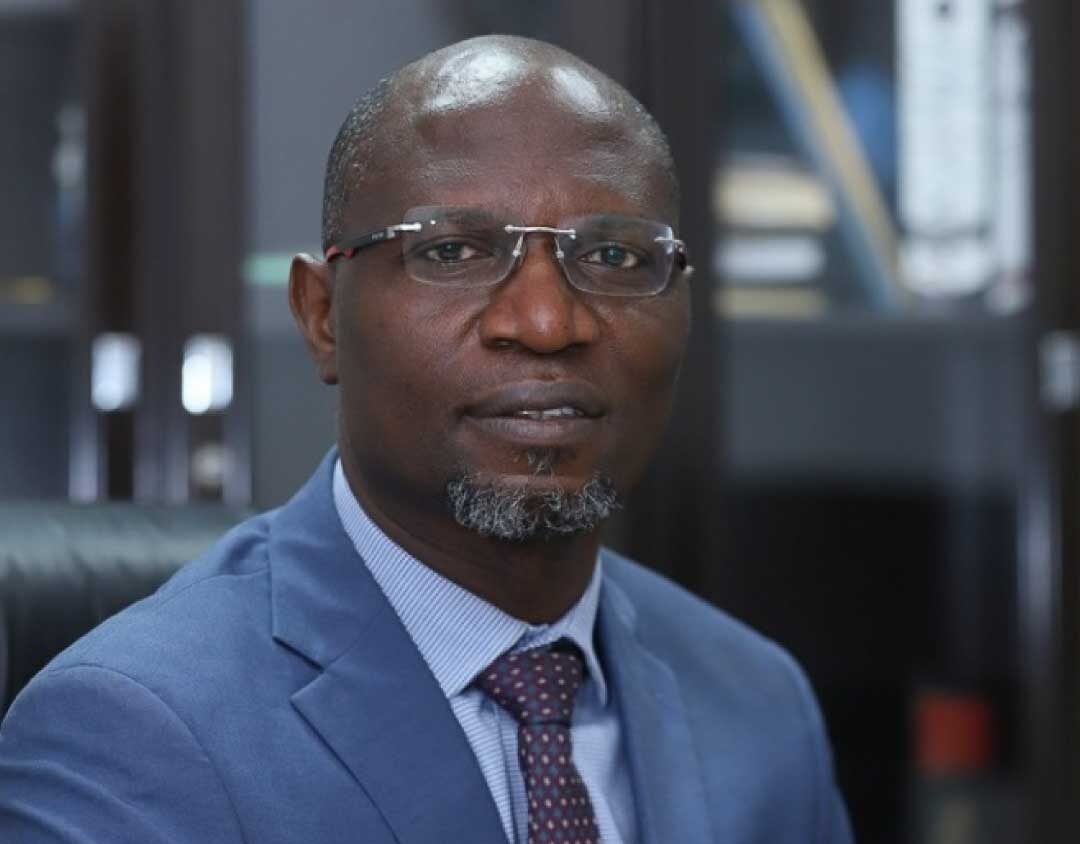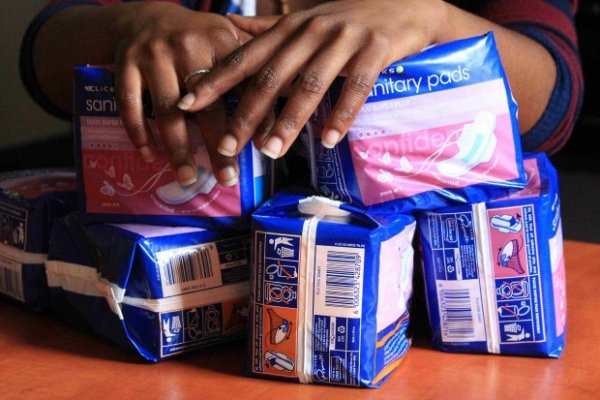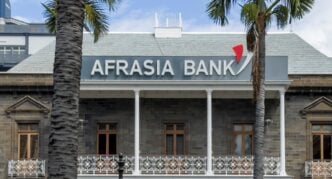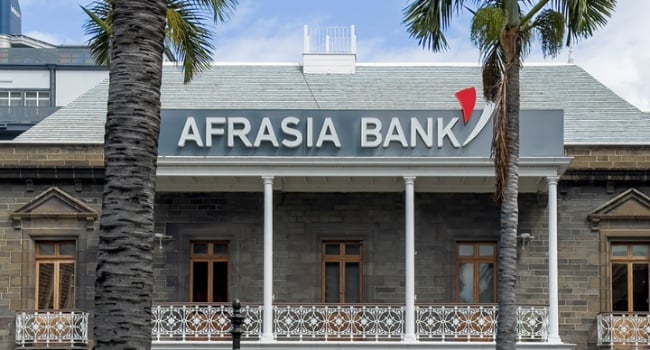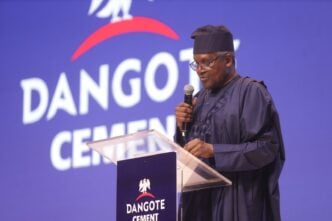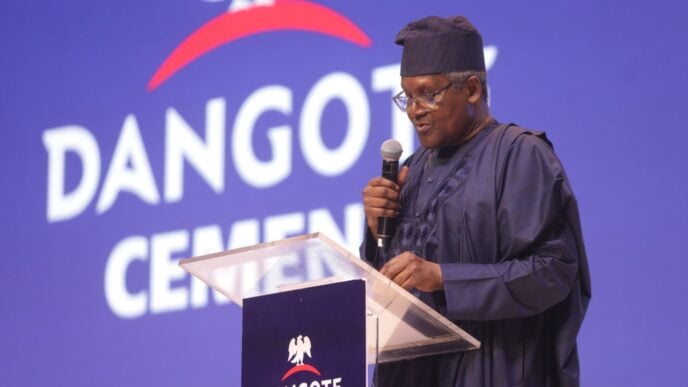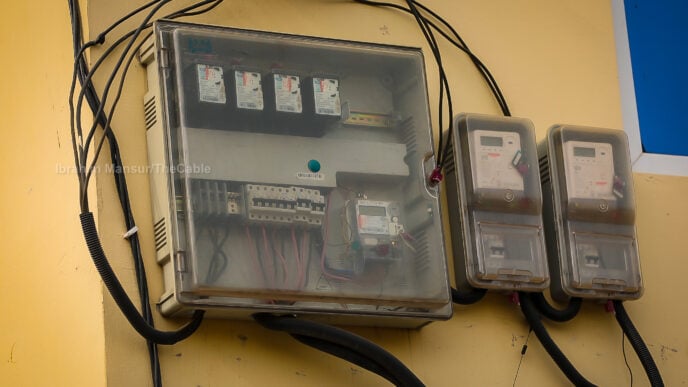Emomotimi Agama, director-general of the Securities and Exchange Commission (SEC), says Nigeria is ready to embrace stablecoin businesses — provided they comply with the country’s regulatory framework.
Stablecoins are cryptocurrencies specifically designed to maintain a constant value. They are often pegged or tied to another currency, commodity or financial instrument.
According to NAN, Agama spoke on Thursday at the Nigeria stablecoin summit in Lagos, organised by the Africa Stablecoin Network.
Delivering his keynote address, titled ‘Building a Regulatory Framework for Stablecoin Innovation: The Nigerian Perspective’, Agama told crypto operators that regulating stablecoins is essential for Nigeria’s development.
Advertisement
“When the history books document Africa’s financial revolution, today will be remembered as the moment we moved from potential to action,” the SEC DG said.
“I stand before you as both a regulator and an advocate for responsible innovation. My message today is clear: Nigeria is open for stablecoin business, but on terms that protect our markets and empower Nigerians.”
Agama underscored the importance of stablecoins in Nigeria’s fast-evolving digital economy, particularly in the face of naira volatility.
Advertisement
“The digital economy in Nigeria is dynamic, youthful, and increasingly decentralised,” he said.
“Across the continent, freelancers, traders, and businesses are increasingly opting for stablecoin payments to hedge against volatility, a trend significantly amplified by the naira’s fluctuations, which have driven exponential growth in demand for dollar-backed digital assets.”
While acknowledging global regulatory approaches to digital assets, the SEC chief stressed the need for local solutions that reflect Africa’s realities.
“Africa needs African solutions, regulatory frameworks that reflect our market conditions, demographic realities, and development priorities,” Agama said.
Advertisement
He said the recently signed Investment and Securities Act (ISA 2025) is the cornerstone of Nigeria’s evolving digital asset regulation, adding that the legislation includes forward-looking provisions that provide a firm legal basis for the oversight of stablecoins and other digital assets.
‘WE’VE ONBOARDED FIRMS FOCUSED ON STABLECOIN APPS’
Responding to concerns that regulation could hinder innovation, the director-general said the evidence suggests otherwise, as the SEC’s regulatory sandbox continues to attract both local and international startups.
“We have onboarded some firms focused on stablecoin applications, all while ensuring compliance with core risk management principles,” he said.
Advertisement
“Five years from today, I want to see a Nigerian stablecoin powering cross-border trade from Dakar to Dar es Salaam.
“I want to see global capital flowing into Lagos as the stablecoin hub of the global south. This is not just finance. This is nation-building.”
Advertisement
In his remarks, Nathaniel Luz, President of the Africa Stablecoin Network, commended the Nigerian government for welcoming stablecoin technology in the country.
“This move is a significant step toward fostering a thriving and regulated digital asset ecosystem across Africa,” Luz said.
Advertisement
“The conference is the first of its kind in Africa, and its goal is to bring together players and regulators for a brighter and more regulated space.”
He expressed gratitude to the government for the “friendly regulation”, noting that Nigeria has much to gain from stablecoin adoption as an emerging market.
Advertisement
On January 4, 2024, the Africa Stablecoin Consortium (ASC) announced that the Central Bank of Nigeria (CBN) has approved the launch of its naira (cNGN) stablecoin.
The group later suspended the launch indefinitely.
